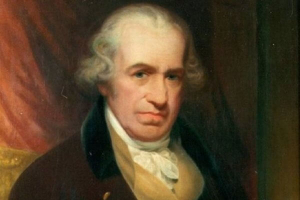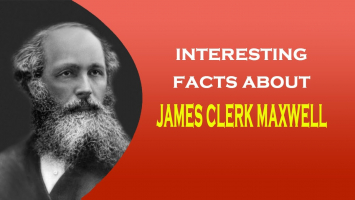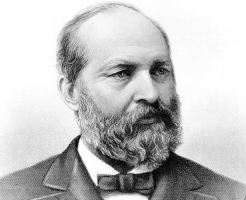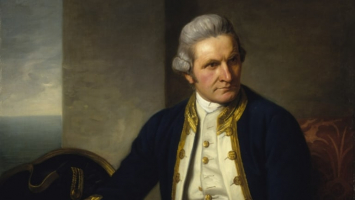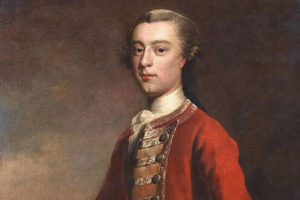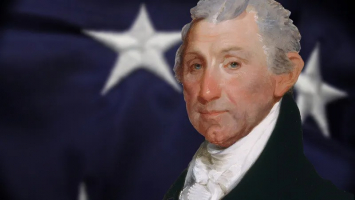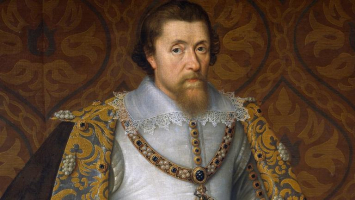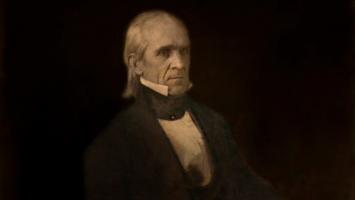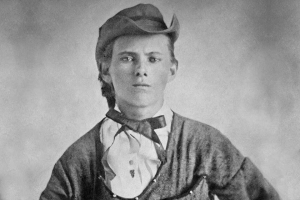Top 6 Interesting Facts About James Buchanan
James Buchanan went by a moniker. Old Buck was who it was. On April 23, 1791, he was born in a log cabin near Cove Gap, Pennsylvania. Andrew Jackson enjoyed ... read more...the ardent backing of Buchanan. However, concentrating on Buchanan's political beliefs won't do anything to aid in your understanding of him. Learn these interesting facts about James Buchanan in order to understand the man better.
-
James Buchanan Sr. (1761-1821) and Elizabeth Speer (1767-1833) welcomed their son James Buchanan Jr. on April 23, 1791, in a log cabin in Cove Gap, Pennsylvania. His father immigrated from Ramelton, Ireland in 1783, and both of his parents were of Ulster Scots origin. After moving to a property close to Mercersburg, Pennsylvania, shortly after Buchanan was born, the family eventually settled there in 1794. As a trader, farmer, and real estate investor, his father amassed the most riches among the locals.
Following his time at Dickinson College in Carlisle, Pennsylvania, Buchanan attended the Old Stone Academy in Mercersburg. One of the interesting facts about James Buchanan is he was almost expelled for misbehavior, but he begged for another opportunity and eventually graduated in 1809 with honors. Later on in the year, he relocated to Lancaster, the state's capital. Buchanan was accepted as an apprentice by the area's top attorney, James Hopkins, and in 1812 he was admitted to the Pennsylvania bar. When Harrisburg was chosen as the state capital in 1812, a lot of other attorneys relocated there, but Buchanan remained in Lancaster his entire life. After he began his practice, his income quickly increased, and by 1821 he was making over $11,000 annually (equal to $220,000 in 2021). He handled a range of matters, such as a widely reported impeachment trial, when he successfully defended Pennsylvania Judge Walter Franklin.
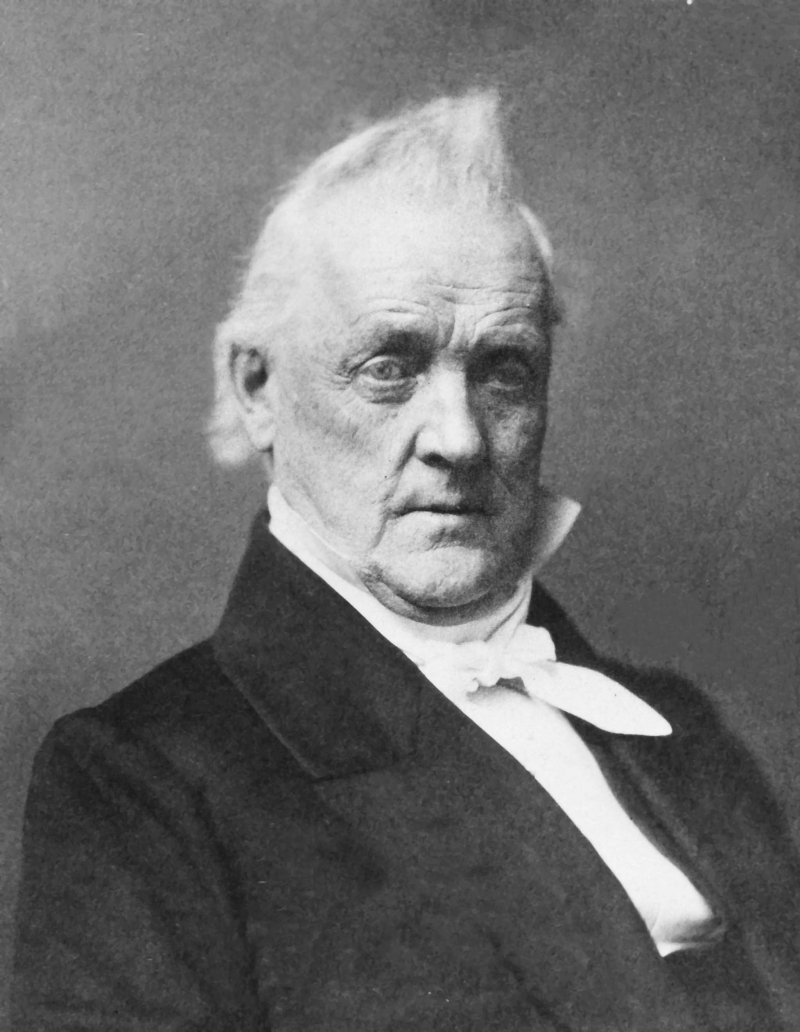
Photo: Portrait of James Buchanan - wikipedia 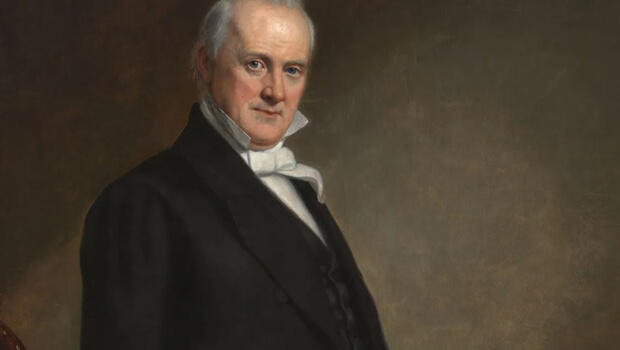
Photo: Portrait of James Buchanan - nghiencuuquocte -
At a lavish ball in Lancaster in 1818, Buchanan met Anne Caroline Coleman, and the two started dating. Robert Coleman, a successful iron maker, was the father of Anne. Additionally, she was related to Philadelphia judge Joseph Hemphill, a friend of Buchanan's. Although they were engaged by 1819, they didn't spend much time together. During the Panic of 1819, Buchanan was preoccupied with his legal practice and political endeavors, keeping him away from Coleman for weeks at a time. There were many rumors; some claimed he was marrying her purely for financial gain, while others claimed he had relationships with other (unnamed) women. Coleman was informed of various rumors, according to letters she wrote. She called off the wedding, and on December 9, 1819, she suddenly passed away. Buchanan requested permission to attend the funeral in a letter to her father, but he declined.
Buchanan never pursued another lady after Coleman passed away. He stated, “I believe happiness has left from me forever”, at the time of her funeral. Harriet Lane, an adopted orphaned niece, was the official White House hostess throughout his administration.
After Anne Coleman's passing, Buchanan became a lifelong bachelor, sparking attention and rumors. Some speculate that Anne's passing just helped to distract inquiries over Buchanan's sexual orientation and bachelor status. James W. Loewen, Robert P. Watson, and Shelley Ross are only a few authors who have speculated that he was homosexual. Buchanan may have been asexual if not celibate, according to one of his biographers, Jean Baker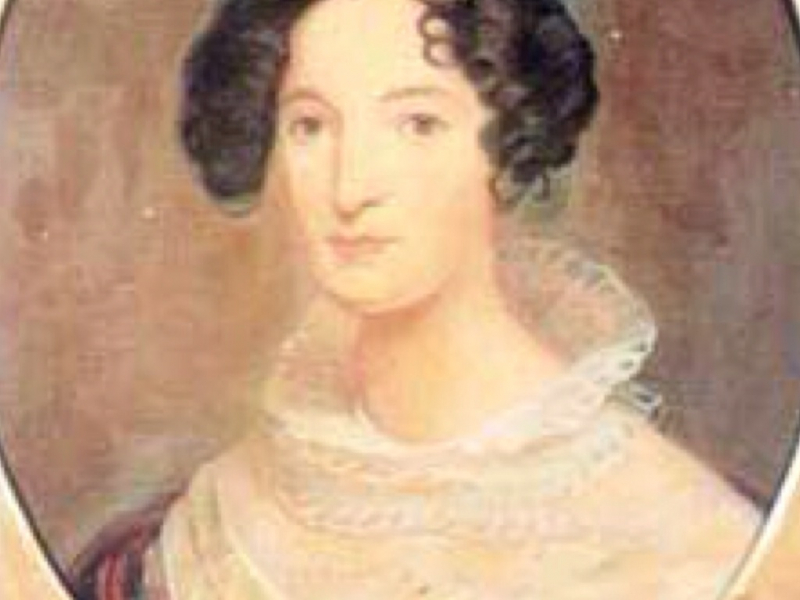
Photo: Anne Caroline Coleman - haikudeck 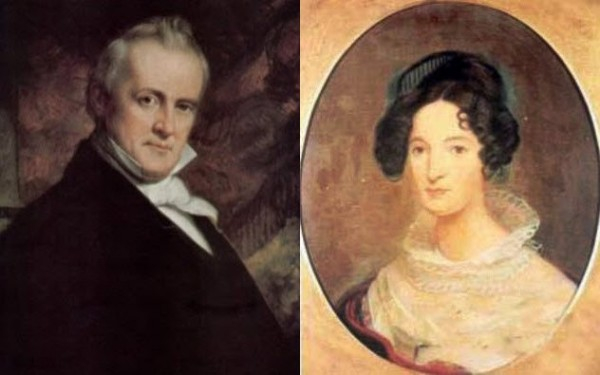
Photo: James Buchanan and Anne Coraline Coleman - potus-geeks.livejournal -
After Anne Coleman's passing, Buchanan became a lifelong bachelor, sparking attention and rumors. James W. Loewen, Robert P. Watson, and Shelley Ross are only a few authors who have speculated that he was homosexual. Though it was widely rumored, Buchanan actually had a close relationship with William Rufus King. King was a politician from Alabama who briefly acted as Franklin Pierce's vice president. From 1834 through 1844, Buchanan and King shared a boardinghouse in Washington and went to social events together. Even though King once referred to the situation as a “communion” such a living arrangement was typical at the time.
According to Loewen, Buchanan acknowledged in a letter that he might marry a woman who could accept his “lack of emotional or romantic affection” in his later years. There was something sick about the president's attitude, Catherine Thompson, the wife of cabinet member Jacob Thompson, subsequently remarked.
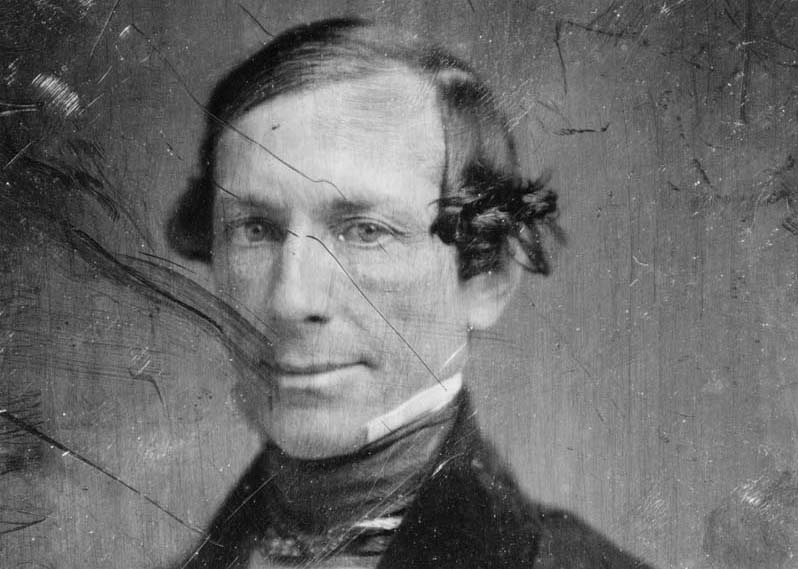
Photo: William Rufus King - pridesource 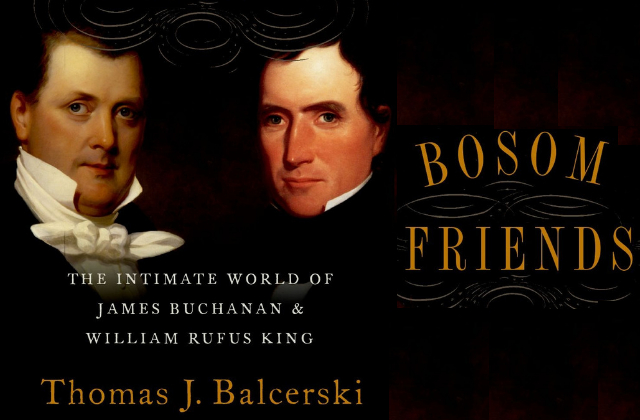
Photo: James Buchanan and William Rufus King - southfloridagaynews -
He tried to convince Kansas voters to approve the unpopular Lecompton Constitution, which would have allowed slavery there, while embroiled in the violent conflict over the expansion of slavery in Kansas (1854–59). The 1857 financial crisis and the abolitionist John Brown's 1859 raid on the Harpers Ferry, Virginia, arsenal both contributed to the unrest in the country. Abolitionist John Brown specifically led a group of roughly twenty men on a perilous trip in October 1859. They intended to seize possession of the Virginian town of Harper's Ferry's armory. Brown's plan was to incite a spontaneous uprising among the villagers that would eventually erupt into a fight against slavery on a national scale.
As the danger grew, Buchanan dispatched the US Marines, led by their battle-tested field commander Robert E. Lee, to put an end to Brown's makeshift raid. Less than three minutes were spent in the skirmish, which was met with minimal opposition from the insurgents. In the end, Brown was executed after being accused of murder, high treason, and conspiring against the government.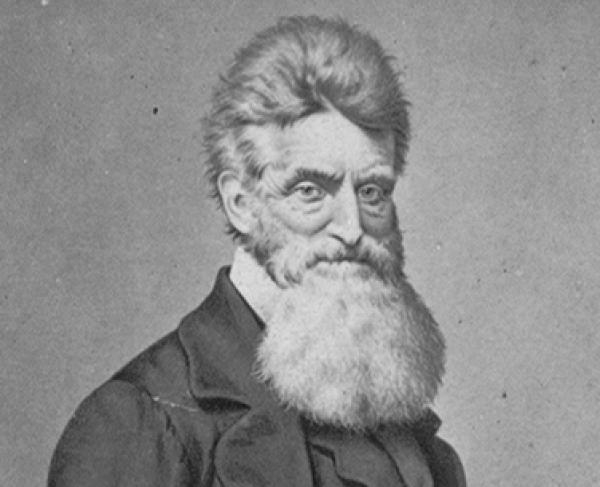
Photo: John Brown - battlefields 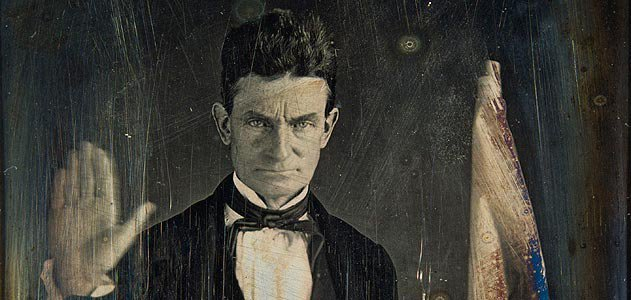
Photo: John Brown - smithsonianmag -
The Kansas-Nebraska Act of 1854 established the Kansas Territory and gave its residents the option of allowing slavery. As a result, there was fighting between pro- and anti-slavery settlers, which led to the “Bleeding Kansas” era. Topeka's anti-slavery residents put up a government with the aid of Northern abolitionists. The more numerous pro-slavery settlers, many of whom came from the nearby slave state of Missouri, founded a government at Lecompton, giving the Territory for a while two distinct governments with two different constitutions, both claiming legality.
A constitution had to be approved by the majority of the state's citizens in order for Kansas to be admitted as a state. Under President Pierce, a string of deadly altercations erupted over Kansas's voting rights. The issue received widespread media coverage, and some in Georgia and Mississippi called for secession if Kansas was recognized as a free state. Buchanan opted to support the Lecompton administration's pro-slavery policies.
Without holding a vote, the pro-slavery Lecompton government drafted their constitution in October 1857 and handed it to Buchanan. Reluctantly, rejecting it, Buchanan sent federal agents to work out a deal. The Lecompton administration consented to a referendum that was restricted to the slavery issue alone.
Walker and two previous Kansas governors objected, but Buchanan ultimately chose to embrace the Lecompton Constitution. Buchanan asked that all Democrats back the administration's position on Kansas' admission under the Lecompton Constitution at a meeting with Stephen Douglas, the head of the Senate Committee on Territories, in December 1857. He delivered the Lecompton Constitution to Congress on February 2. Additionally, he sent a telegram denouncing the “revolutionary government” in Topeka and equating it with the Utah Mormons.
Buchanan went over and above to win the support of Congress, bribing members with gifts, appointments, and even money. The Lecompton Constitution was approved by the Senate in March, but it was defeated in the House by a coalition of Know-Nothings, Republicans, and northern Democrats. The 1858 English Bill, which offered Kansans quick statehood and significant public lands in exchange for recognizing the Lecompton Constitution, was supported by Buchanan instead of admitting defeat. Kansans overwhelmingly rejected the Lecompton Constitution in a vote in August 1858.
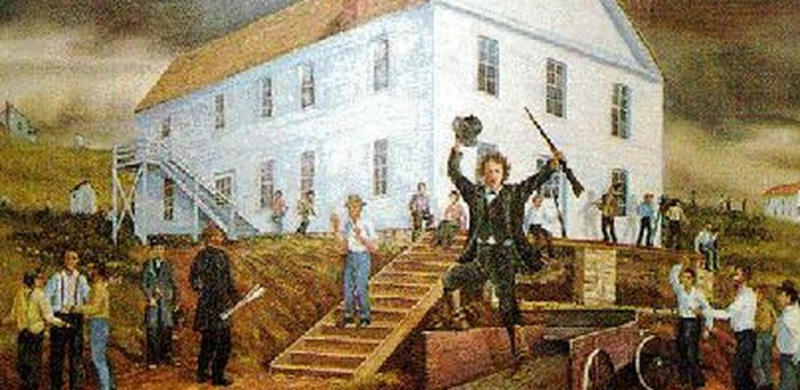
Photo: Lecompton Constitution - battlefields 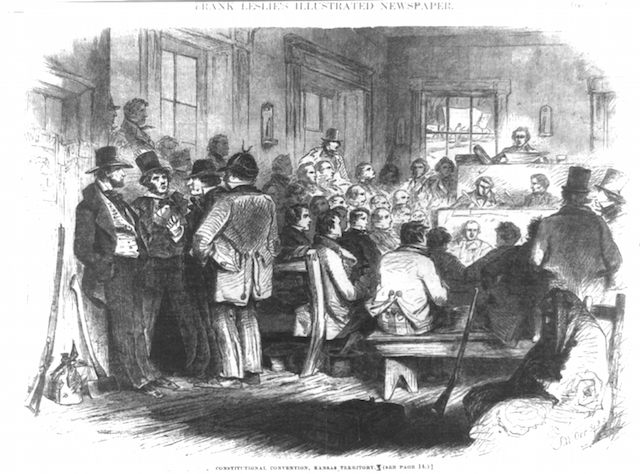
Photo: Lecompton Constitution - study -
Slavery began to loom bigger and threaten to spark a political and territorial crisis toward the end of Buchanan's administration. It seemed obvious that some states would secede from the Union after Abraham Lincoln won the presidential election in 1860.
One of the interesting facts about James Buchanan is that in his farewell statement to Congress, Buchanan stated that although the states' decision to secede from the union was illegal, the federal government had no authority to reverse their decision. South Carolina became the first state to leave the Union on December 20, 1860, despite Buchanan's efforts to prevent it.
Six additional states imitated it by February 1861. The Confederate States of America were created as a result. The country was on the precipice of civil war when James Buchanan resigned on March 3rd, 1861. He resided in his estate outside of Lancaster, Pennsylvania, for the remainder of his life.
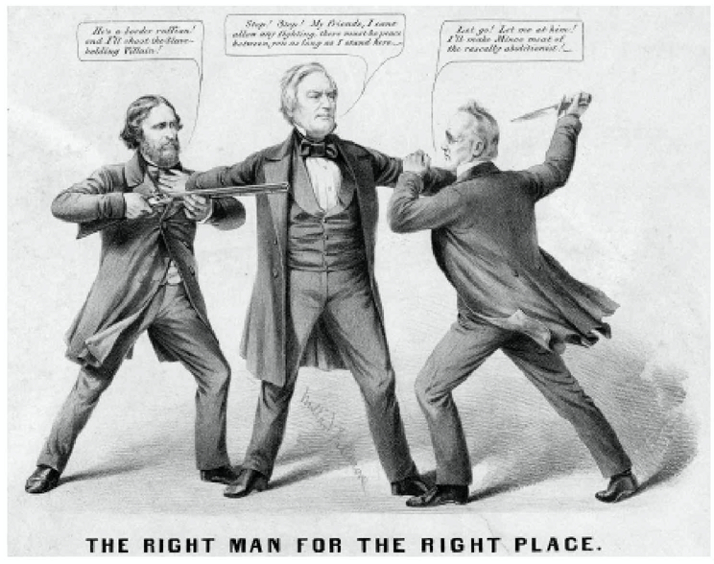
Photo: James Buchanan - crimecapsule 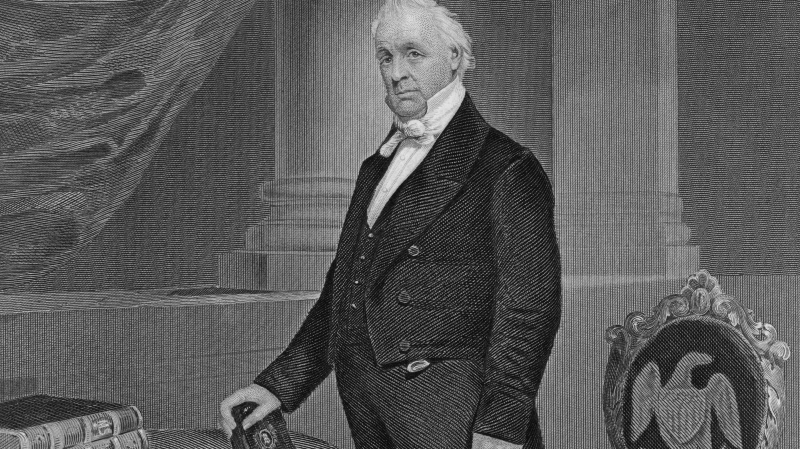
Photo: James Buchanan - thoughtco








